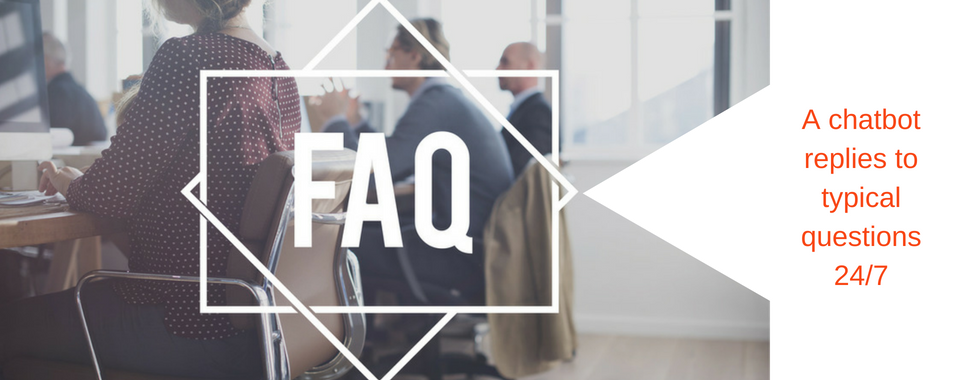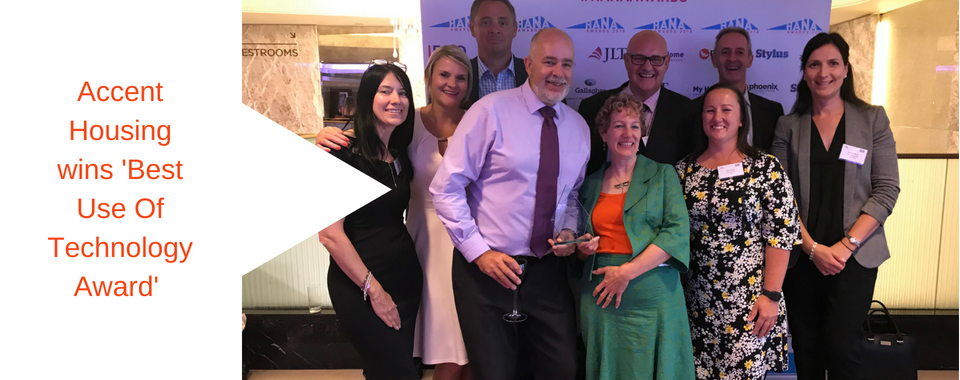1 August 2018
Written by: Gustavo E Perez-Lopez, Head of AI Practice, Geomant.
The Housing Association of the Future
In the ‘Vision of Housing in 2025’ series of reports1 published by 3C Consultants, some of the key comments provided by the participants in the survey included the following statements:
- “Customer contact will be 24/7. Service will be more personalised. The Internet of Things will provide far more automation.”
- “The majority of routine transactions with residents will be carried out via smart tech devices.”
- “Knowing customers better, services will be personalised and tailored - there will be no more call centres as services will be delivered either digitally or in person.”
- “Hopefully we will be fully digitised by then so everything will be different from the care of older residents to repairing homes to self-service by customers.”
The report also forecasts that the housing environment will be very different and highly competitive by 2025, and “organisations will need to provide responsive services that customers want while operating more efficiently”. Technology will be at the forefront of this transformation, requiring innovation, new thinking and skills.
However, the adoption of new technologies has never been in the fast lane for the not-for-profit sector, including social housing, and with only a few years to go for the above “prophecy” to be fulfilled, housing providers should seriously look at planning and executing their digital strategy.
In this blog, I explore how artificial intelligence can help housing associations to transform themselves and meet the demands of that not-so-distant digital future.
Times are changing
Not everything is as bad as it may appear for the digital future of housing, though. According to the same ‘Vision of Housing in 2025’ report, most leaders interviewed considered their organisations to be “early adopters” (38%), followed by those who saw themselves as the “early majority” (24%) in their organisation’s approach to transformation and innovation.
In another article 2 issued January this year about the status of digital transformation in UK social housing sector, the author noted that:
- The use of the internet is becoming more widespread among tenants, including elder generations.
- The use of smartphones and other mobile devices is rising, reaching 69% of digital access.
- Tenants are adopting online communication and self-service, supported by incentives for going digital.
Additionally, more and more millennials – who are the generation driving the digital revolution – are increasingly looking for affordable housing, home ownership among young families has more than halved in some UK regions3.
The stake for going digital is high for housing providers, not only as the new medium for customer engagement but also because of the inherent cost efficiencies, especially when comparing the average costs per transaction between online and traditional communication channels4, as evidenced below:
| Source | Face to Face | Telephone | Post | IVR | Online |
| PWC Report | £10.53p | £3.39p | £12.10 | N/A | £0.08p |
| SOCITM | £14.00p | £5.00p | N/A | £0.20p | £0.17p |
Chatbots are quick wins for housing associations
In the journey towards the fully digitised future, housing associations should stay smart and determine project priorities based on the best return on investment. In this context, chatbots provide an incredibly cost-effective way of fulfilling the wildest expectations of the tenants for 2025, discussed above, for:
- Chatbots are always-on and therefore can serve customers 24/7
- Can be easily deployed onto multiple digital channels and messaging platforms available online and via mobile devices
- Chatbots powered by AI can engage in human-like conversation, be trained to understand specific user intents and actions, initiate proactive notifications and execute transactions on their behalf, personalise the service and much more.
One of the first “housing”5 chatbots helped people who were evicted from their homes to draft an application letter for emergency housing from the local council by asking a few questions about their personal and legal circumstances.
Let’s now review a few areas where chatbots can bring early benefits for both housing associations and tenants.
Automate the enquiries most frequently asked by tenants or future prospects
Implement an FAQ chatbot that replies to typical questions 24/7. It can be easily fed and trained with existing FAQ lists, knowledge bases, or simply using the transcripts of the most frequent conversation topics that you’ve had with your tenants over the years, e.g. how to apply for housing support, eligibility criteria, shared ownership options, etc.
You could go even further and deploy an intelligent chatbot that guides the customer through the entire housing application process online, all in a conversational, easy to follow question-and-answer style with the convenience of doing it simply via your smartphone.
Give your tenants the convenience of executing transactions via messaging apps
In a list of the most frequent tenant’s requests, provided to us by a housing association, repair related enquiries represented by far the highest percentage, followed by complaints about anti-social behaviour, and in third place enquiries for renting and swapping properties.
The solution? Implement a transactional chatbot or chatbots that automate these requests and integrate with your backend systems, and deploy it to the most popular messaging apps, such as Facebook Messenger, Skype, etc.
- Request non-emergency repairs and book appointments
- Report anti-social behaviour
- Find a home: search for houses to rent or buy by simply typing your needs, e.g. “I am looking for a 3 bedroom house in Yorkshire for up to £100 a week”
- Manage my rent: request account balance, set up payment, request a refund, etc.
The human touch will remain important
While a large percentage of enquiries and requests could be automated and taken online with the help of chatbots and other AI tools, there will always be a need for personal contact.
For instance, tenants falling behind with their rent would most likely want to speak to a person to discuss their situation, review options for repaying their debt or to find an alternative financial solution. Here comes into play another benefit of using chatbots; they free up housing association staff to assist tenants with the kind of problems truly requiring human intervention.
Geomant chatbots are an integral part of the customer engagement journey and include the ability to escalate a bot conversation to a live agent, schedule a personal appointment or offer a callback at a convenient time.
Other AI use cases
If a housing provider is looking for additional benefits of AI beyond chatbots, there are a large number of areas it could be worth exploring; the use of machine learning, potentially in combination with the Internet of Things (IoT). Just a few ideas:
- Personalised service based on tenant’s needs and circumstances
- Predictive house maintenance based on historical repairs data and real-time IoT sensors information
- Prediction of tenants who could miss next payment based on transaction and other data
Get ahead of the game with Geomant
We are proud to have a few distinguished UK housing association customers, who are using Geomant communication products and solutions to improve their processes and reach their organisational goals. And it is rewarding to see how these housing providers are taking technology really serious to create competitive advantage and benefits as evidenced by our recent blog: Supporting Winners: Accent Housing take home ‘Best use of Technology Award’.
Geomant chatbots and AI solutions are the logical next step for housing associations looking to be at the forefront of customer service and transformation in the digital era. For customers already using our multi-media contact centre solutions, it couldn’t be more easy to add an intelligent chatbot and instantly expand customer reach to messaging apps and mobile platforms.
About Geomant AI Practice
For almost two decades, Geomant has been helping companies to enable better customer service and effortless customer interactions. Building on our strong software development, integration and innovation heritage in contact centres and unified communications solutions, Geomant AI Practice is now assisting our partners and customers to step into and successfully ride along the new journey of digital engagement and artificial intelligence.
1 http://www.3cconsultants.co.uk/resources/vision-of-housing-in-2025-reports/
2 http://www.mondaq.com/uk/x/672070/new+technology/Digital+transformation+of+the+social+housing+sector
3 https://www.theguardian.com/society/2018/apr/28/proportion-home-owners-halves-millennials
4 http://www.3cconsultants.co.uk/resources/white-paper-business-case-for-moving-services-online/
5 https://www.theguardian.com/technology/2016/aug/11/chatbot-lawyer-beat-parking-fines-helping-homeless-do-not-pay


